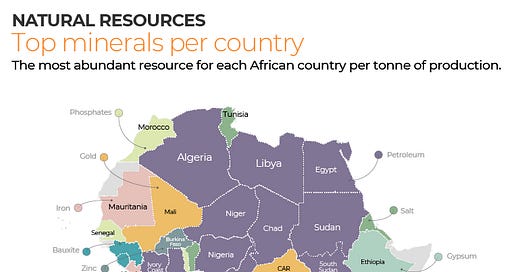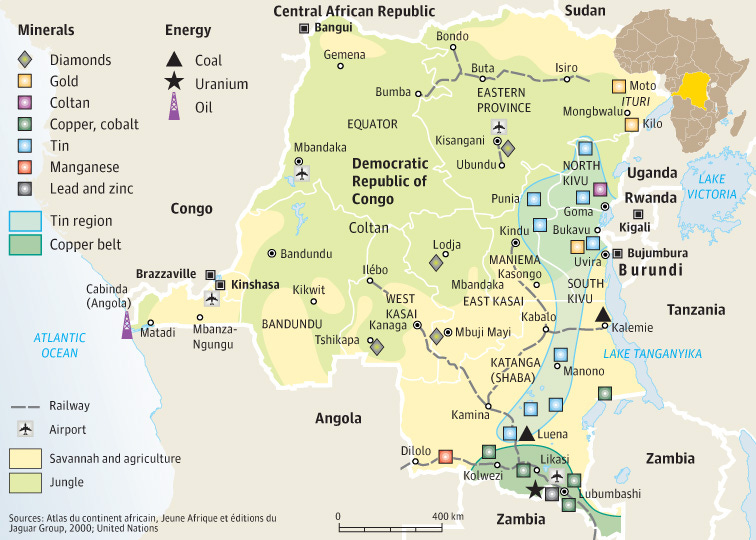"Africa is the richest continent in terms of natural resources, but it is also the poorest in terms of economic development."
— Aliko Dangote, Nigerian businessman and philanthropist.
In the global energy conversation, Africa’s systemic challenges are all too often overlooked. While the world fixates on clean energy transitions, renewable revolutions, and technological advancements, Africa finds itself stranded at the crossroads of untapped potential and crippling limitations. Blessed with an abundance of natural resources, the continent has all the building blocks for an energy revolution—but geography has shackled it, trapping millions in energy poverty and stifling its economic growth.
Despite the riches that Africa possesses, its economic reality remains one of stagnation, disparity, and underdevelopment. In 2023, Africa’s total nominal GDP was a mere $3.4 trillion—only 3.5% of global GDP—despite being home to over 1.5 billion people. In stark contrast, countries like China and India, whose combined GDPs are more than five times larger than Africa’s total output, have surged ahead. For example, China’s 2023 GDP stood at approximately $18 trillion, dwarfing the economic output of the entire African continent.
When you measure development with the Human Development Index (HDI), Africa’s position is even more alarming. Thirty-four of the 50 lowest-ranked nations on the index are African, revealing a continent still mired in widespread poverty, lackluster healthcare, and subpar education systems. The gaps between urban centers and rural communities are especially glaring—while cities like Lagos, Cairo, and Johannesburg flourish, rural regions languish, disconnected from the very infrastructure and energy that could elevate them. Over half of Africa’s population lives in rural areas, where even basic services like electricity are a distant dream.
Africa is, without question, the richest continent in terms of mineral wealth. The continent holds vast reserves of gold, diamonds, platinum, cobalt, uranium, and oil—resources critical to industries that power the global economy. In fact, nearly half of all gold ever mined has come from Africa, and the continent accounts for roughly 20% of the world’s gold production today. With abundant deposits of copper, cobalt (vital for battery production), bauxite, and natural gas, Africa should be a powerhouse, yet its economic reality paints a different picture.
Take the Democratic Republic of the Congo (DRC)—Africa’s second-largest country, which sits on an estimated $24 trillion worth of recoverable resources. Yet, in 2023, the DRC’s GDP was a paltry $66 billion—its vast wealth worth 360 times more than its economic output. This glaring paradox underscores Africa’s systemic failure to harness the riches beneath its feet.
Provided by Reddit
The paradox of Africa’s energy poverty and economic stagnation is not just about resources—it is a direct result of geography. Africa is vast—nearly three times the size of Europe—and yet underdeveloped. The continent is plagued by logistical, infrastructural, and political challenges that seem insurmountable. And most of these challenges are, in fact, rooted in the land itself.
The landlocked nations of Africa—countries at the continent’s heart—are cut off from the world’s major trade routes. These nations are stuck in an economic straitjacket, reliant on neighboring countries for access to ports. But those ports are often as inefficient, underdeveloped, or politically unstable as the landlocked nations themselves. The results are clear: trade becomes costly, goods are overlanded at a premium, and economies cannot compete globally.
Keep reading with a 7-day free trial
Subscribe to The Monetary Skeptic to keep reading this post and get 7 days of free access to the full post archives.




